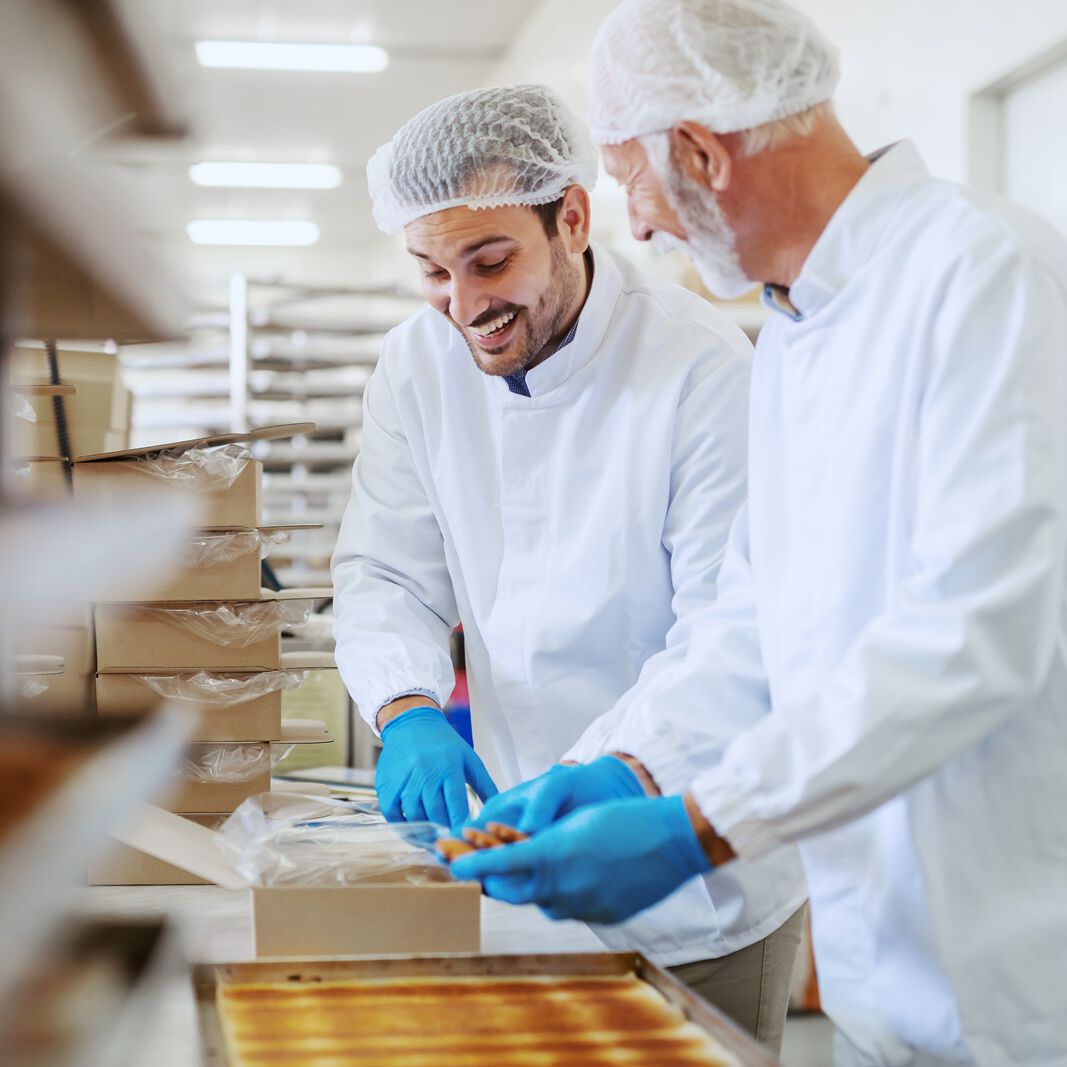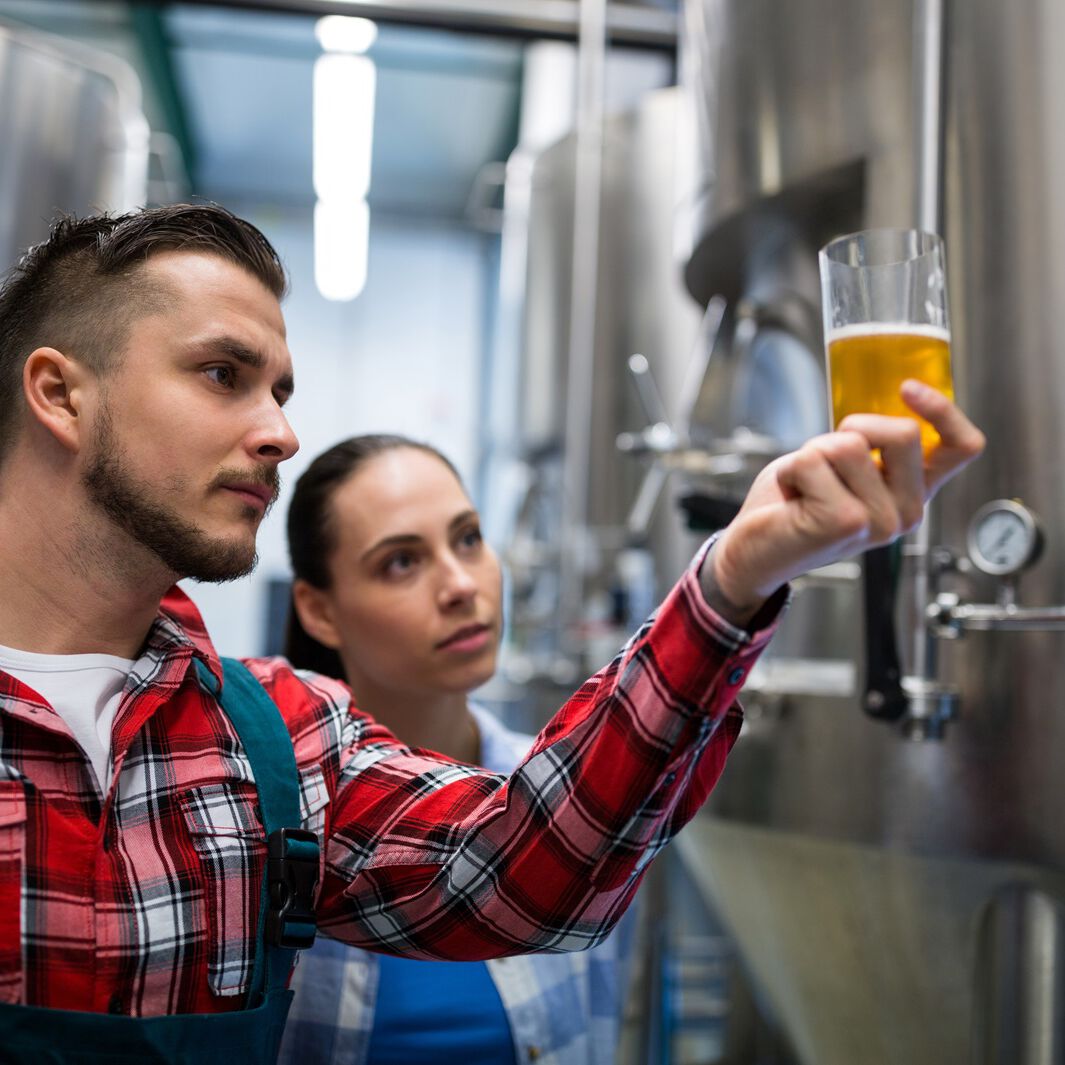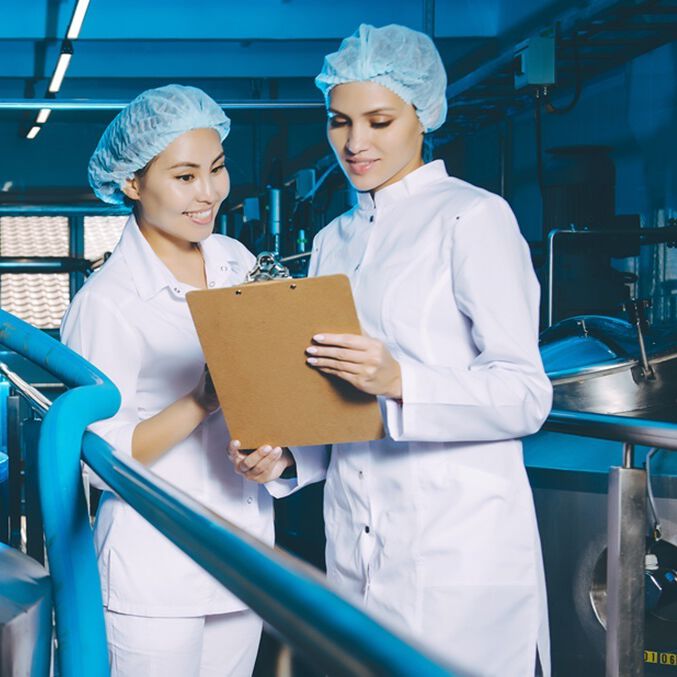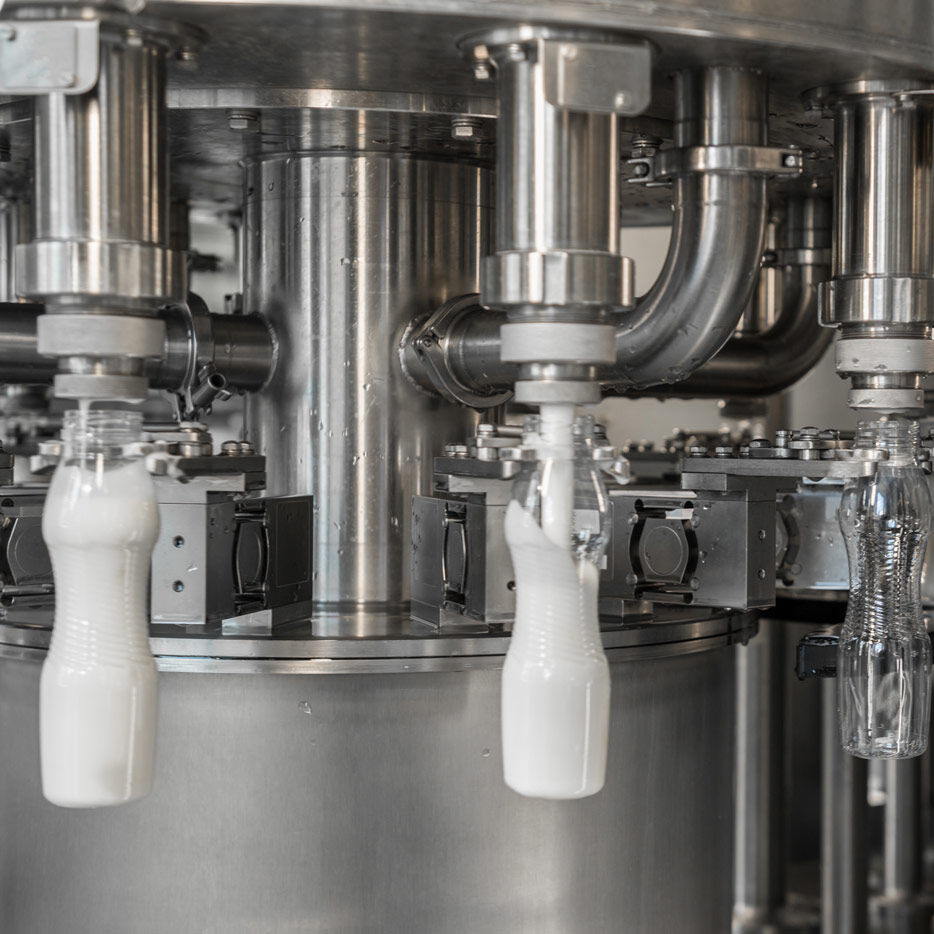DIGITALIZATION & AUTOMATION IN THE FOOD & BEVERAGE INDUSTRY
Implementing digital and automated processes in food production
The development and implementation of a consistent and future-oriented digitalization concept offers the food industry important starting points for increasing efficiency and flexibility and counteracting staff shortages.
To leverage this potential, the integrated use of digital technologies, modern planning methods, end-to-end data usage and consistent process automation is crucial. The focus can be on the implementation of comprehensive future factory concepts as well as on the digitalization and automation of the existing production system.
EFESO designs and implements digitalization projects in the food industry, from the automation of individual processes to the implementation of globally networked digital production systems and supply chains.
- Future factory and digitalization of the production system: development of an overall picture for the structured implementation of future factory and digitalization concepts. This includes, for example: integration of IT and physical processes, introduction of digital technology standards throughout the network, use of automation and digitalization potential to design lean, resilient, sustainable and adaptive production structures.
- Digitalization of planning and control: use of data-based simulation and modelling methods for the further development of planning processes and operationalization of strategic guidelines as well as for the integration of lean management approaches and digital tools within the framework of lean and effective management systems (OPEX 4.0).
- Automation of physical and information-driven processes: saving resources and increasing efficiency by automating manual processes in direct and indirect areas as well as introducing a modular and networked production and IT architecture.
- Skills and role development: continuous empowerment and further development of employees and managers in their changing roles through digital learning formats and intensive change management.
DIGITALIZATION & AUTOMATION –
Improving efficiency, flexibility, and responsiveness with new technologies
Further solutions for the food & beverage industry








